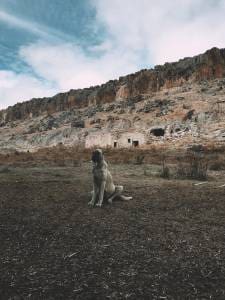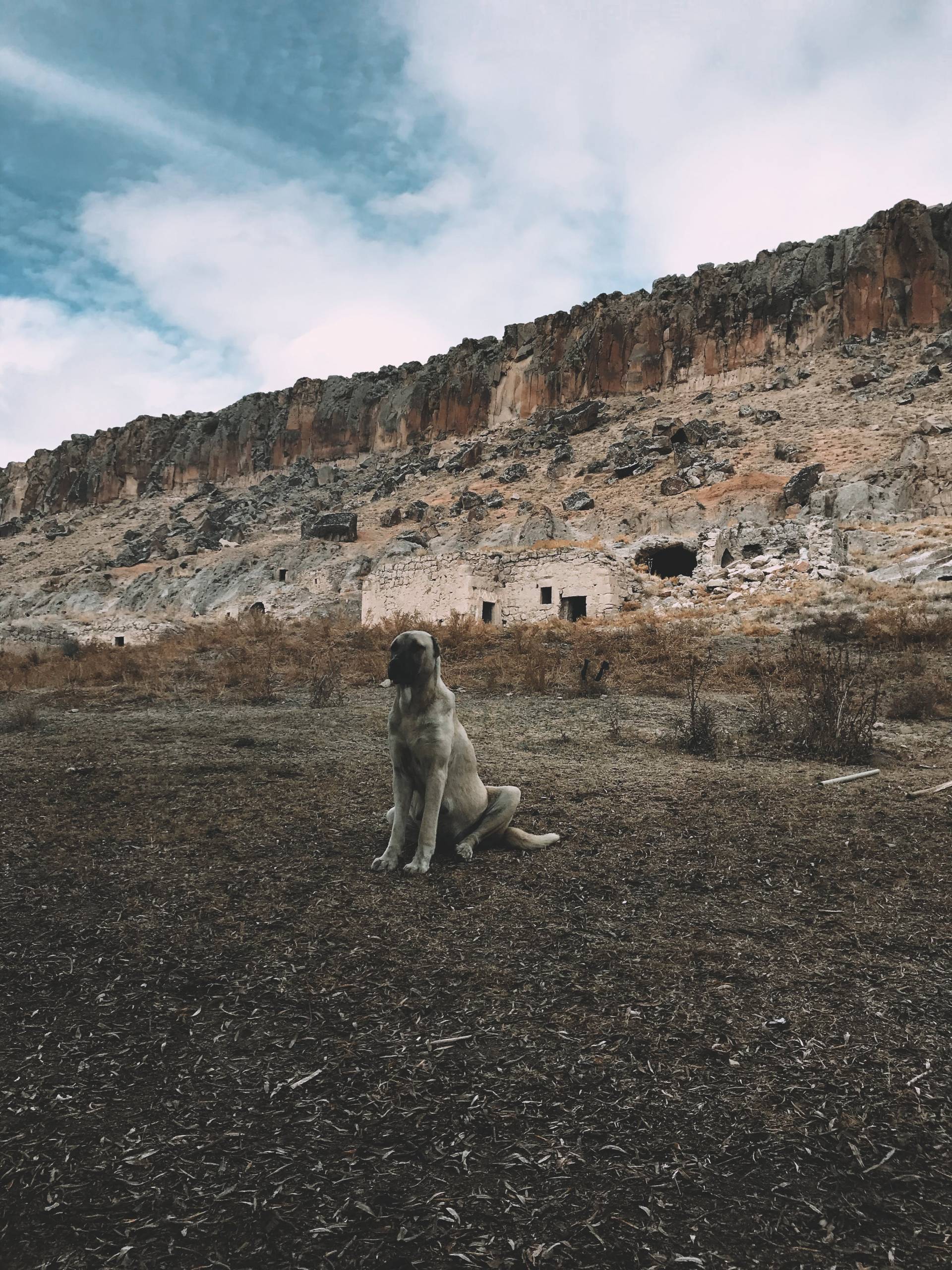
Understanding Why Dogs Eat Grass
First things first, let’s talk about why dogs eat grass. While the exact reason isn’t entirely clear, many experts believe that dogs may eat grass as a way to alleviate digestive discomfort. Some also suggest that it could be due to boredom, dietary deficiencies, or simply because they enjoy the taste or texture. In most cases, it’s a normal behavior for dogs, and it’s usually not cause for concern.
Assessing the Situation
If you notice your dog eating grass, it’s essential to assess the situation calmly. Take note of any unusual behavior or symptoms your dog may be exhibiting. Vomiting after eating grass is relatively common and may not necessarily indicate a problem. However, if your dog is consistently eating large amounts of grass, vomiting frequently, or showing signs of distress, it’s time to take a closer look.
Consulting with Your Veterinarian
When in doubt, it’s always best to consult with your veterinarian. They can provide personalized advice based on your dog’s specific health history and behavior. Your vet may want to rule out any underlying medical issues that could be contributing to your dog’s grass-eating behavior. Additionally, they can offer recommendations tailored to your dog’s individual needs.
Addressing Potential Underlying Causes
In some cases, grass eating could be a sign of an underlying issue such as gastrointestinal upset or dietary deficiencies. Your vet may suggest adjusting your dog’s diet or adding supplements to address any potential nutritional gaps. If boredom is a factor, increasing physical activity and mental stimulation can help redirect your dog’s attention away from grass consumption.
Observing Changes and Monitoring Behavior
After consulting with your veterinarian and making any necessary adjustments, it’s crucial to observe any changes in your dog’s behavior. Keep an eye on their grass-eating habits and look out for improvements or any new symptoms that may arise. By staying vigilant, you can ensure that your dog’s overall well-being is being properly addressed.
Creating a Safe Environment
While occasional grass consumption may not be cause for concern, it’s important to create a safe environment for your dog. Be mindful of the types of grass and plants in your yard or the areas where your dog spends time. Avoid using pesticides or herbicides in areas accessible to your dog, and consider providing safe, dog-friendly alternatives for them to explore.
If your dog eats grass, it’s essential to approach the situation with attentiveness and care. Understanding why dogs engage in this behavior and being proactive in addressing any underlying concerns can contribute to your dog’s overall health and well-being. By working closely with your veterinarian and making necessary adjustments, you can help ensure that your furry companion remains happy and healthy.
Remember, every dog is unique, and what works for one may not work for another. By staying informed and attentive, you can navigate your dog’s grass-eating habits with confidence and compassion.
[/fusion_text]



